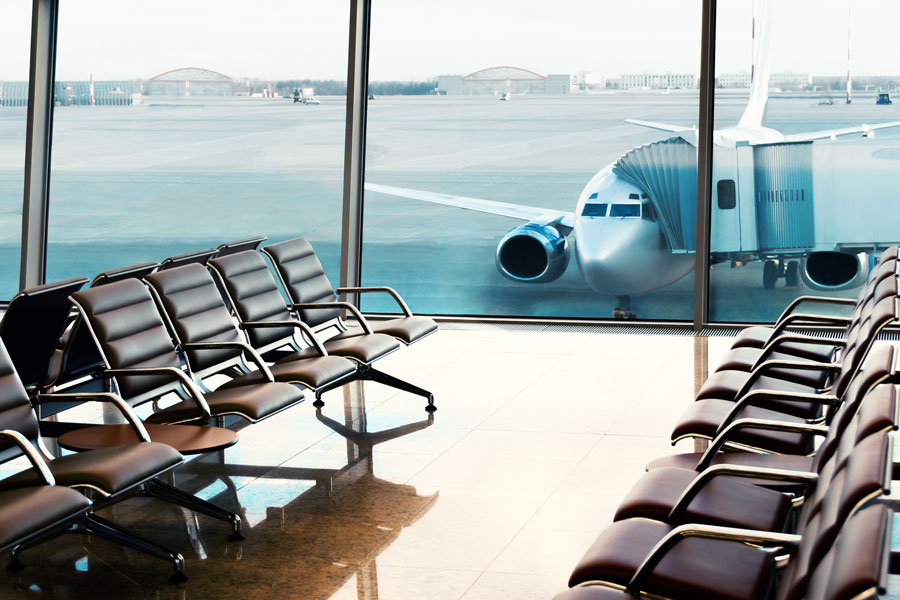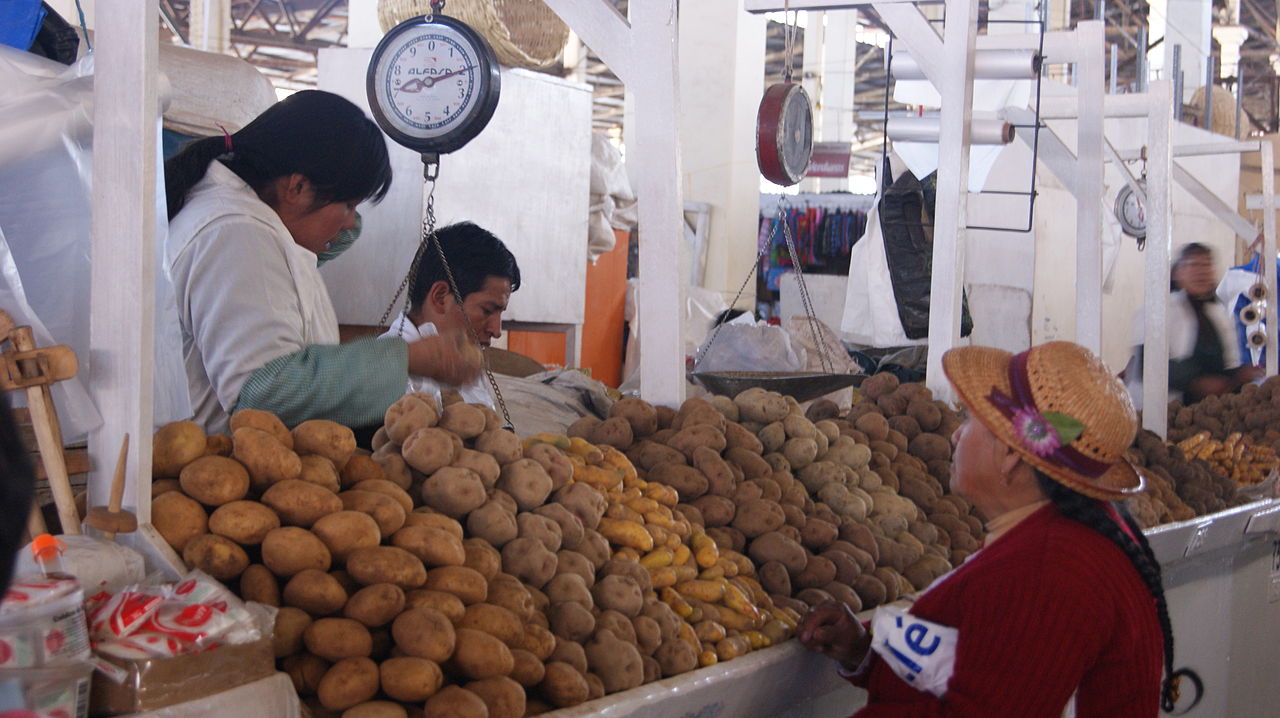They point out that there are three proposals that could harm the employment of pilots and raise the rates of airline tickets
CITY OF MEXICO (04 / AUG / 2017) .- The Association of Pilots Aviators of Mexico (ASPA) will present an indirect amparo against the recommendations given by the Federal Commission on Economic Competition (Cofece) on the handling of schedules of Landing and take off (slots) at the International Airport of Mexico City.
Mario Alberto González Aguilera, Secretary General of ASPA, explained that the association will present this amparo before the labor authority, as well as other unions that are part of the Aviation Defense Front.
The Front is made up of the Mexican Airmen Pilots College, the Mexican Engineers College in Aeronautics and the Mexican Air Traffic Controllers Association; As well as by the Aviation Overload Association, the National Union of Workers at the Service of Airlines, Transport, Services, Similar and Related, and the National Union of Air Traffic Controllers.
In addition, airlines such as Aeromexico will also present an amparo as a company in instances of mercantile or competition, said González. The ASPA amparo could be filed this Friday or next Monday.
During the General Assembly of the 59th anniversary of ASPA de México, the Secretary General of ASPA, commented that there are three Cofece proposals on the handling of slots that could damage the employment of pilots and raise the rates of airline tickets.
"There are three proposals in particular that have a strong impact especially for companies that have a lot of time working. One of them is punctuality, because there is a different rule to that applied at international level that is the 80/20, here It is proposed that 85/15, which means that 85% of flights have to be fulfilled within a 15-minute itinerary, "explained González.
The other recommendation asks that given the saturation of the AICM, the airlines do a pull of slots with the time slots and auction the slots to whom more money pays for them. The third rule affects the airlines that have been in Mexico for more years, since for each time slot no company will have more than 35% of the slots.
"Aeromexico has in its averages about 48% of the slots and in the lows 42%, this would mean that in time, we would be subject to lose slots and the loss of slots means average airplanes operating in Mexico City and for Logical consequence, with fewer airplanes there are fewer jobs, "González said.
The loss of slots also implies less connectivity of small or medium cities with Mexico City, since the airlines would concentrate on conserving the routes and schedules more profitable or with greater air traffic.







